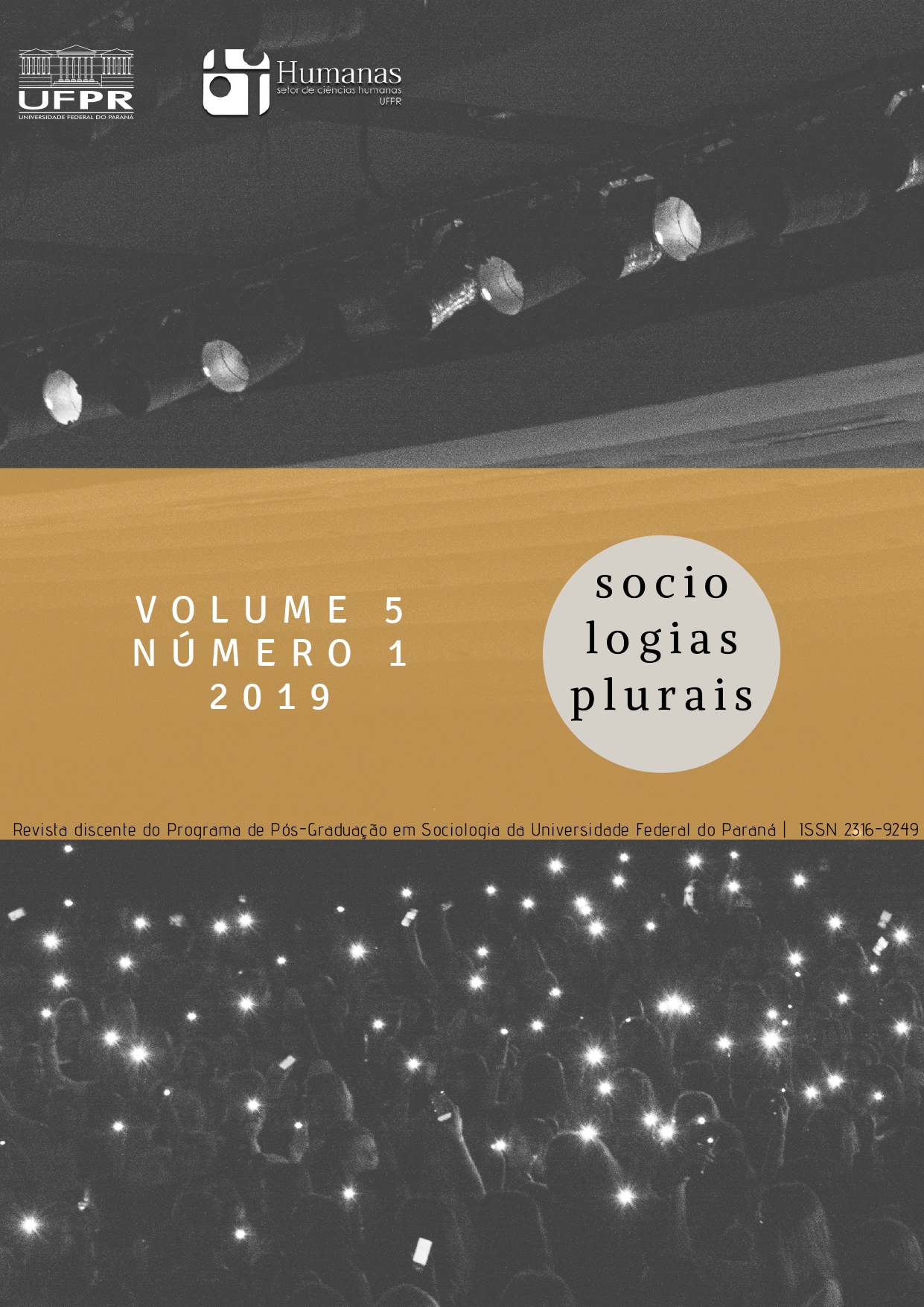From invisibility to recognition: the (im)position of the peripheries in the struggles for urban citizenship
DOI:
https://doi.org/10.5380/sclplr.v5i1.68215Keywords:
City, Citizenship, Urban conflicts, ProjectsAbstract
Despite the discourses of “equal rights” and “impersonalityof the laws” that intersect the Brazilian democratic narrative, traditionally, the effective exercise of urban citizenship has been linked to strict notions of civility operated for the benefit of a fewand to the detriment of many. The peripheries are an ambiguous reflectionof this process. While presenting themselves as portraits of the injustices perpetrated against the underprivileged, distinct (complementary or excluding) forces to challenge these injustices, expressed in the resignification of the very meaning of citizenship, enforcing it through the use of violence or inscribed in the appropriation and mobilization of the political resources available to subvert the logics of inequality in operation. From assumption that the criteria for elucidating the categories mobilizedby the different actors that make up the Brazilian urban scene inform the narrative from the point of view of those who occupy it the place of speech, in this article, we articulate concepts of the sociological theory of conflicts around discourses of the “peripheral subjects” to reflect on the conditions of exercising a city citizenship in Brazil.
Downloads
Published
How to Cite
Issue
Section
License
Attribution-Non Commercial 4.0 International (CC BY-NC 4.0)
You are free to:
Share— copy and redistribute the material in any medium or format and
Adapt— remix, transform, and build upon the material.
Under the following terms:
Attribution — You must give appropriate credit, provide a link to the license, and indicate if changes were made. You may do so in any reasonable manner, but not in any way that suggests the licensor endorses you or your use.
Non Commercial — You may not use the material for commercial purposes.
No additional restrictions — You may not apply legal terms or technological measures that legally restrict others from doing anything the license permits.







